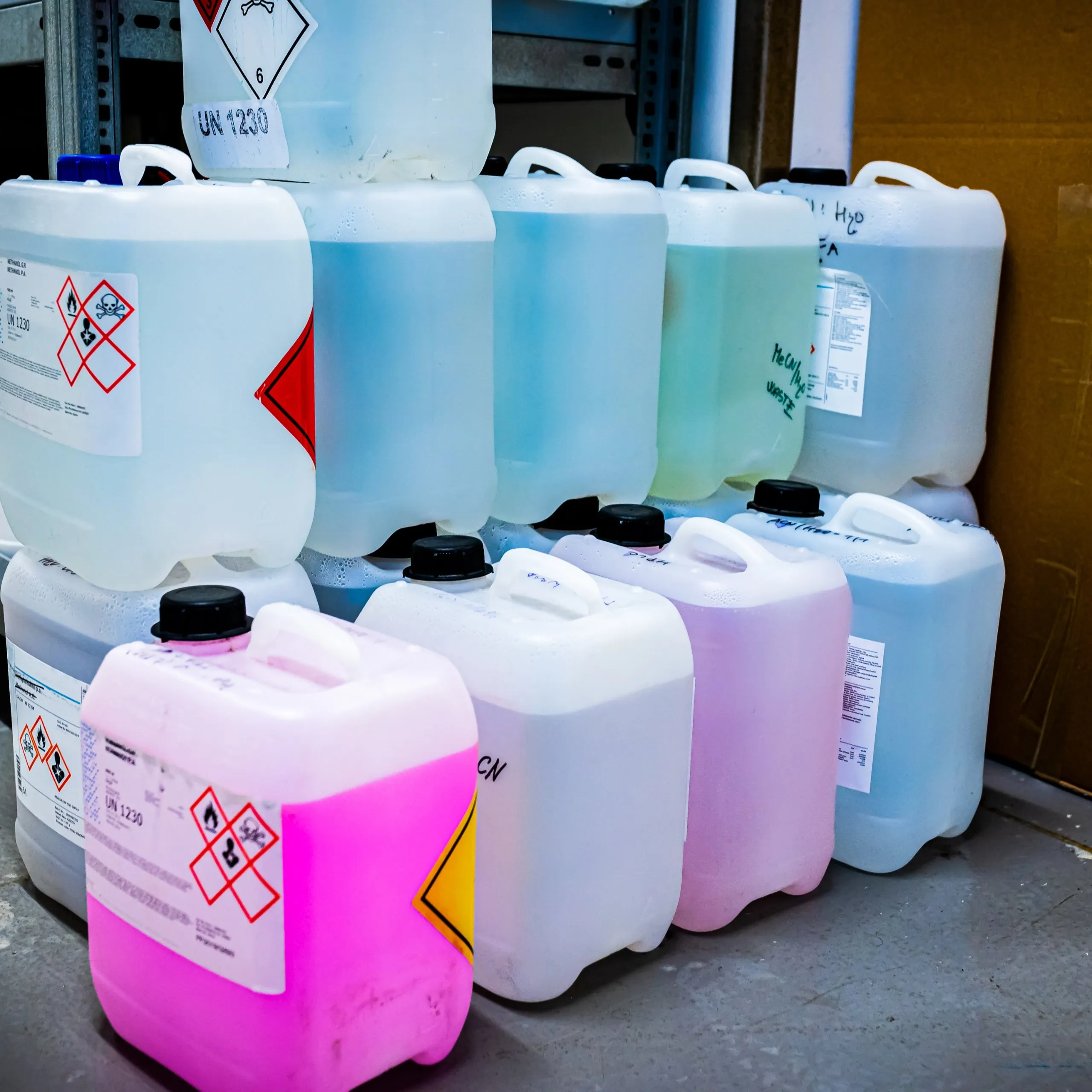Start-up teams often focus their energy on brand awareness, product development, and funding, and waste mitigation rarely makes the top of the list. Entrepreneurs who ignore waste planning tend to face expensive operational slowdowns and compliance problems later.
Waste management speaks directly to how efficiently your business uses its time, materials, and space. If you want to build a company that runs lean and grows fast, you must treat waste reduction as part of your start-up’s foundation.
Cost Savings and ROI Benefits
Waste mitigation creates measurable financial returns when you invest in the right equipment from day one. For example, one of the many benefits of solvent cleaning machines is that they recover and reuse expensive materials. No need to dispose of them and purchase new ones!
Solvent-related savings grow rapidly in high-volume industries where tight margins determine whether a start-up scales or folds. Start-ups need waste mitigation planning because internal recycling methods directly improve return on investment for materials and solvents.
Start-up teams that prioritize long-term asset value might find that solvent processing equipment pays for itself within a year. You gain full control over a process that would otherwise drain your budget and cause workflow delays.
Building Credibility With Partners and Funders
Investors look for founders who can operate like seasoned business owners, even during early stages. They evaluate your ability to predict challenges before they escalate, and waste management speaks directly to that mindset. Another reason why start-ups need waste mitigation planning is because it shows a readiness to scale responsibly and partner with confidence.
When you present a waste mitigation strategy to a potential accelerator or buyer, you change the conversation from hustle to longevity. Instead of pitching hype, you’re walking in with infrastructure that builds trust. Small moves like this separate reactive founders from the ones who are serious about expansion.
Staying Compliant as You Scale
Every jurisdiction expects growing businesses to respect environmental and industrial codes. Without a plan in place, you risk shutdowns, regulatory fines, or missed licensing deadlines during critical growth phases. Your compliance starts with handling material waste responsibly and documenting how your team controls each stream.
The cosmetics, hardware, and food packaging industries have seen start-ups crumble after audits exposed poor waste oversight. Instead of playing catch-up when a supplier or agency calls, build waste planning into your daily operation. You can scale with fewer disruptions and gain smoother transitions into larger contracts.
Start-up operators who expand into interstate or international markets often face overlapping environmental regulations that demand coordination. Standardizing waste protocols across facilities eliminates confusion during inspections and vendor audits. When you scale with clear mitigation systems, you create a compliance record that simplifies future licensing, certifications, and partnerships.
Strengthening Brand Reputation in Competitive Markets
Customers who support independent brands care where their money goes and how companies behave behind the scenes. If your brand claims innovation, you can’t afford to fall behind in environmental or efficiency efforts!
Start-up teams that speak openly about cutting waste often attract more than buyers. You might gain ethical investors, press coverage, or partnerships that only reward your operational integrity. You can level up your start-up by treating waste mitigation like a strategic investment, not a cost.
![VannDigital.com (2022) [Light Banner-Viral Pro]](https://static.vanndigital.com/q:i/r:0/wp:1/w:1/u:https://www.vanndigital.com/wp-content/uploads/vanndigitalcom-2022-light-banner-viral-pro.png)
